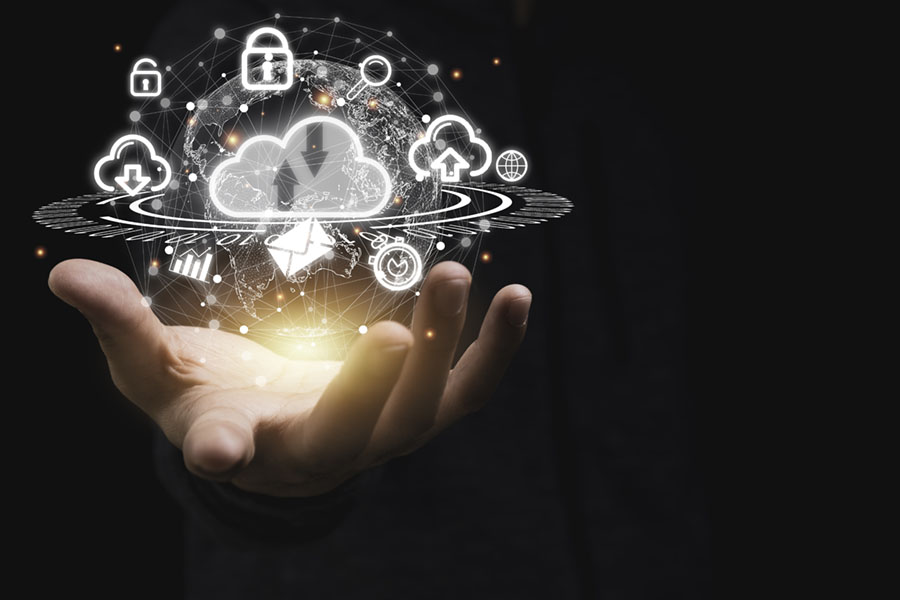
Is a Biometrics System the Best Solution?
Biometrics System Raises Huge Concerns of Impending Surveillance State.
You can find a biometrics system recording your daily activities nearly everywhere you go these days – from banks to hospitals, from schools to casinos, and even on public streets.
Biometric devices capture and analyze the unique identifying characteristics of an individual and compare them against the records in their database until a match is either found or not found, depending upon the purpose of the biometric.
The inherent danger of biometric systems is that they amount to an invasion of privacy and the erosion of civil liberties, restricting our freedom and tightening social control.
The increasing implementation of biometric devices delves America further and further into a police state in which our civil liberties are restricted under the watchful eyes of Big Brother surveillance systems that monitor and track when and where we go, how often and with whom.
These biometric systems leave behind a vulnerable database trail that can be abused and manipulated by governments, corporations and hackers.
Both biometrics technology and the information collected by biometric devices are at serious risk for being exploited for purposes other than their explicit use.
Once a biometrics system records information about you, that piece of information is forever available for the vigilant eyes of Big Brother to access and analyze for whatever purpose they want.
Types of Biometrics Systems
There are several different types of biometric systems that are currently in use, each serving a similar purpose: identification and verification.
A biometrics system may analyze your fingerprint, study your voice, scrutinize your iris, or examine your facial features.
These different systems are used for purposes as diverse as international border control and distribution of lunchtime meals for schoolchildren.
Biometrics is becoming increasingly prevalent in our society, with the FBI poring in $1 billion dollars to boost their biometric database.
There is growing concern amongst the population about the unmitigated use of biometrics and the hazards that will follow.
Compiling a Profile on Your Entire Life
These biometric databases serve as a digital memory of everything you do. By analyzing the data, anyone from law enforcement officials to corporate advertisers can compile a detailed profile on who you are and how you spend your time.
When people are aware that they are being monitored in this way, it restricts their actions and creates a sense of wariness, distrust and unease – the exact opposite of living in a free society.
With these vast amounts of stored biometric data, there is an ever-present danger of the information being used for purposes that were never authorized or understood by the person submitting to the biometrics system.
This is known as ‘function creep’, to which biometrics databases are highly susceptible.
Flaws of Biometrics Systems
Biometrics systems are rife with flaws. The correct use of biometrics assumes that the information initially put into the database is the correct information.
In other words, if someone using a false identity successfully passes through a finger scan for the first time, their false identity will be recorded with that finger print.
When information is first entered into a biometric device, the machine will either find a pre-existing match within its database, or it will not find a match and will thus create a new profile for the individual.
Therefore people using false identities can easily slip through the net.
Biometrics System Enables Big Brother Surveillance
Biometrics, RFID chips, and the Galileo satellite system enable a state of Big Brother surveillance that invades our privacy and destroys our civil liberties. We live in a world where each individual is increasingly trackable.
The US Government assures us that these measures are in the interest of public safety, protecting us from terrorists and common criminals alike.
But these tracking instruments also weave a detailed web of information and data that ensnares our identities and constrains our actions.

 My First Amazing Ayahuasca Experience
My First Amazing Ayahuasca Experience  Pine Needle Tea
Pine Needle Tea  The REAL Controllers of Humanity: The Papal Bloodlines
The REAL Controllers of Humanity: The Papal Bloodlines  Is it Global Warming or Cooling?
Is it Global Warming or Cooling?  Gun Rights and Obama Examined
Gun Rights and Obama Examined